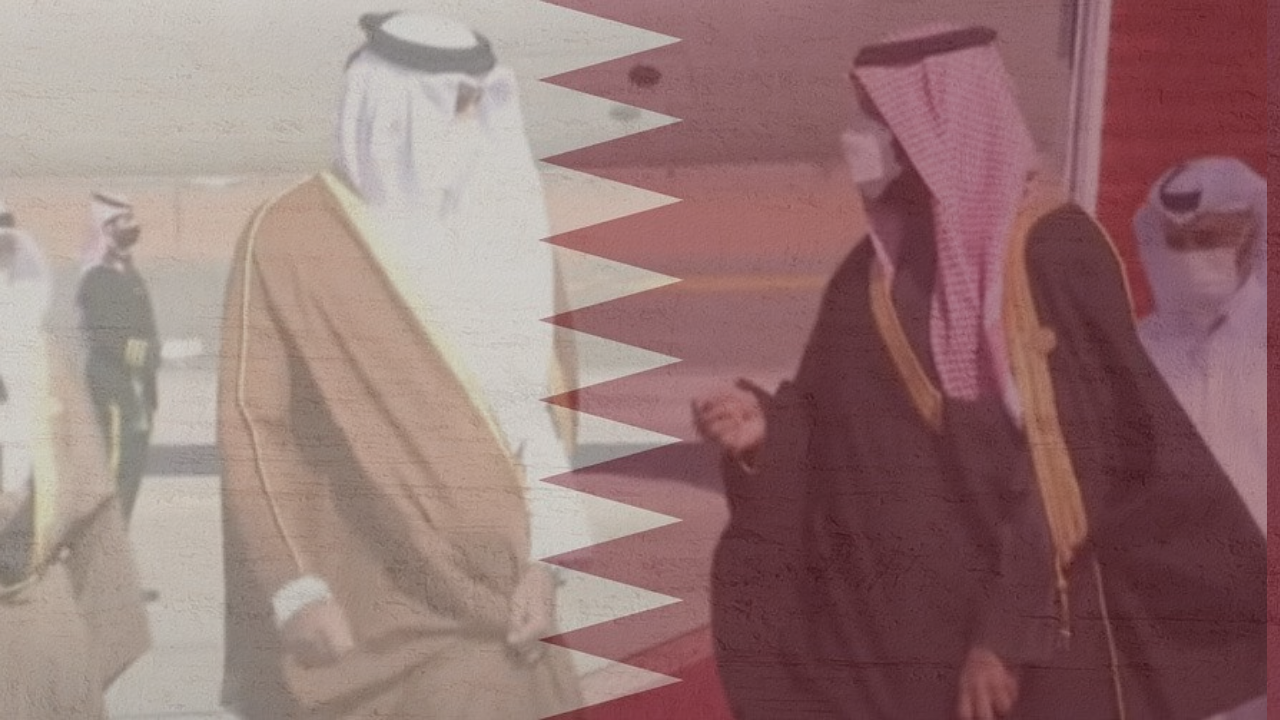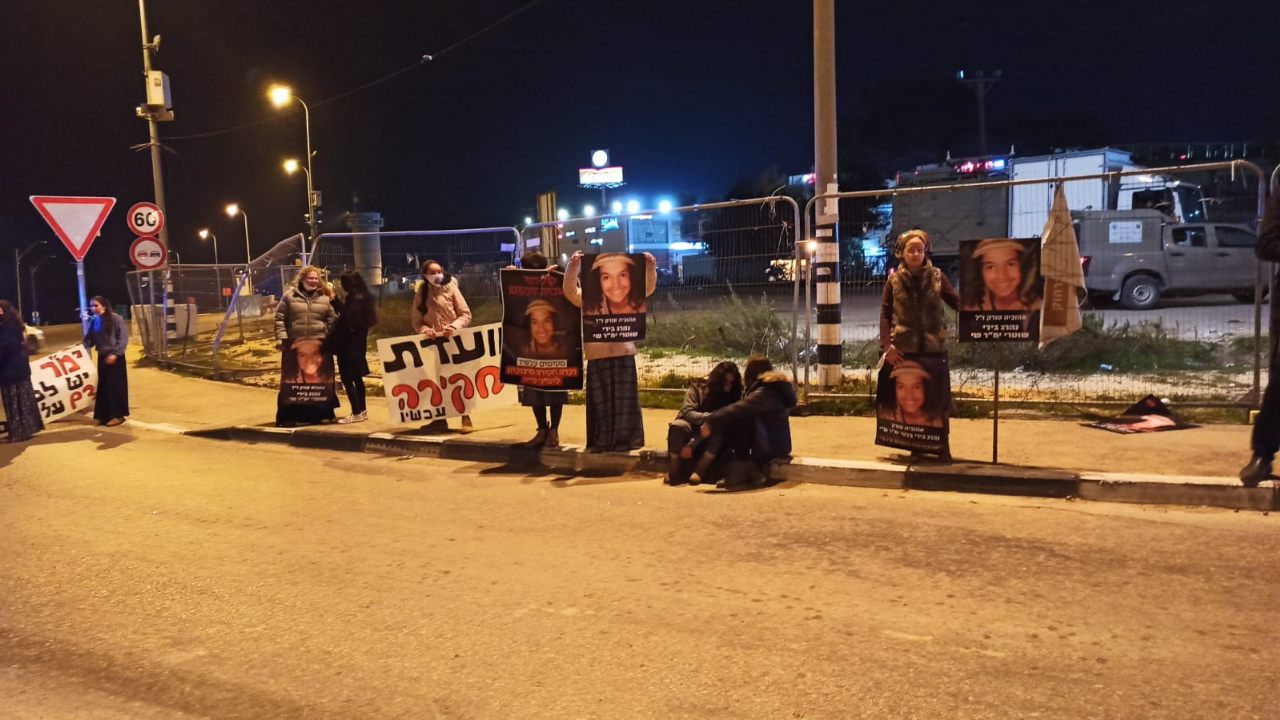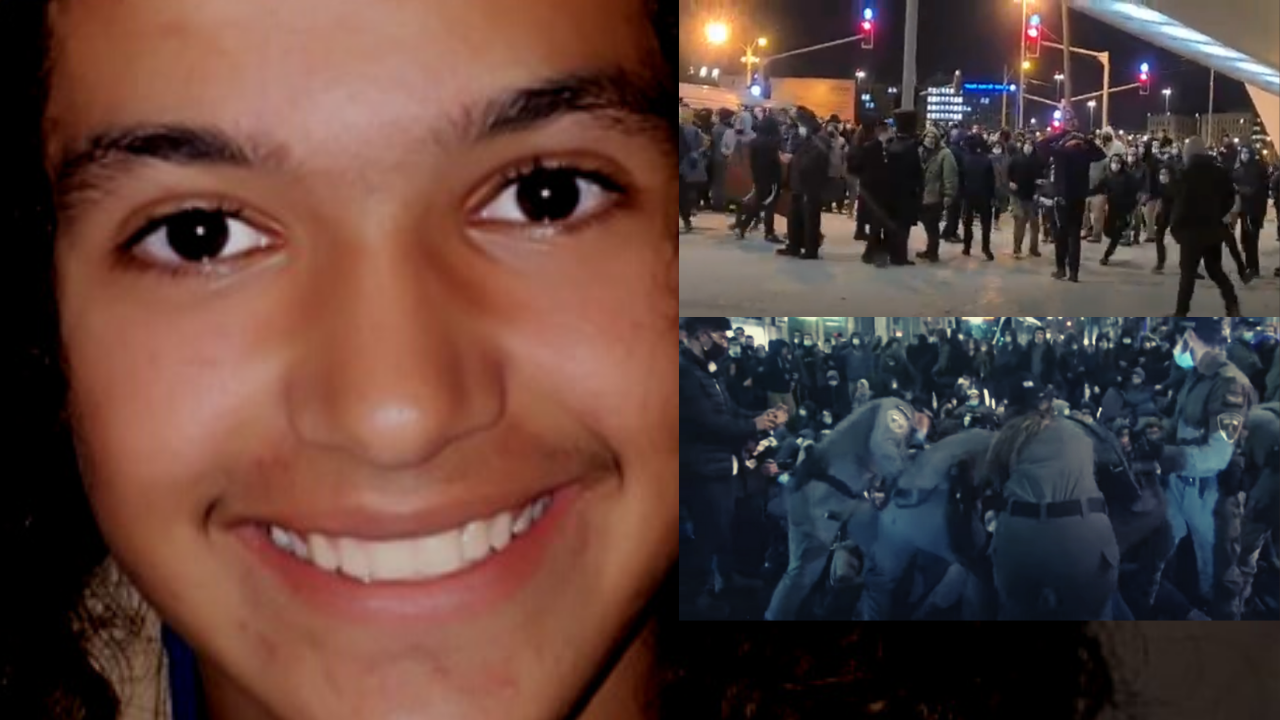At this moment Israel is facing a real war for its survival. Hamas and Islamic Jihad forces have literally invaded sovereign Israeli territory – holding onto many towns for nearly 24 hours.
More than 350 Israelis have been reported dead and more than 100 citizens have been taken hostage. Many people are wondering how this could have happened. Doesn’t Israel have the most sophisticated defenses in the Gaza region. From drones, to radars, walls, and early warning detection – how could this operation be so successful?
There are also real questions on why it took the army and air force so long to respond. All of these are legitimate questions and without the complete picture we may never a real answer.
And perhaps it doesn’t matter. The real lesson is that for far too long we Jews have been cocksure of ourselves, our military, and our government. We believe that we are the ones responsible for all of our success – economically, militarily, and diplomatically.
In Devarim Chapter 8 verses 11 to 17 it says the following: “Take care lest you forget Hashem your God and fail to keep His commandments, His rules, and His laws, which I enjoin upon you today. When you have eaten your fill, and have built fine houses to live in, and your herds and flocks have multiplied, and your silver and gold have increased, and everything you own has prospered, beware lest* your heart grow haughty and you forget Hashem your God—who freed you from the land of Egypt, the house of bondage; who led you through the great and terrible wilderness with its seraph serpents and scorpions, a parched land with no water in it, who brought forth water for you from the flinty rock; who fed you in the wilderness with manna, which your fathers had never known, in order to test you by hardships only to benefit you in the end and you say to yourselves, ‘My own power and the might of my own hand have won this wealth for me.'”
And then it continues:
“Remember that it is Hashem your God who gives you the power to get wealth, in fulfillment of the covenant that He made on oath with your fathers, as is still the case. If you do forget Hashem your God and follow other gods to serve them or bow down to them, I warn you this day that you shall certainly perish; like the nations that Hashem will cause to perish before you, so shall you perish—because you did not heed Hashem your God.”
We can spend our time blaming the government or blaming particular leaders, but what is clear is we must forget about them and instead only trust Hashem with full emunah (simple faith) and bitachon (trust) for he “did, does, and will do” everything.
Rebbe Nachman says the following in Likutei Moharan lesson 250:
“Know! All manner of suffering and all afflictions are due only to a lack of daat. For someone who has daat, and so knows that everything is by Divine Providence, (certainly) experiences no affliction and feels no suffering, because “God has given; God has taken away” (Job 1:21).”
Rebbe Nachman continues later and adds:
“And this, in the main, is the suffering that Israel experiences in the exile, all because they have fallen from daat and attribute everything to nature, (coincidences) and fortune. Because of this they experience suffering and affliction, as explained above. This happens to them because they live among the (nations) and have learned from them; because they see fate smiling upon them, while the Jewish people are despised and lowly. They therefore learn from them and attribute everything to nature and coincidence, and because of this itself they experience affliction. For if they had the daat that everything is by Divine Providence, they would experience no affliction whatsoever, as explained above.”
“In truth, Israel is above nature. However when they sin, God forbid, they become subject to nature, like the (nations), who are subject to fate and nature. Then, they experience exile and suffering, God forbid. And in the main, their suffering and exile are due only to this itself—that they lack daat, and attribute it to nature.”
“And when the Holy One wishes to show compassion for the Jewish people and save them from their exile, and put an end to the (nation) oppressing them, He then infuses them with Providence, thus subduing and eliminating the nature and fate that obliged Israel to be under their control. Thus He (destroys the nation) that oppresses them, and the Jewish people ascend above them by means of Providence.”
In a very real way, despite coming back to the Land of Israel – we are in a state of inner exile. The more we attribute our successes to our own hands – the more our inner exile grows. We need to learn from the present war that it is Hashem running to show and although there is pain and sadness to all of this, we must understand that he alone that we need to trust and no one else.
There is pain and sadness within us. By the end of all of this there will not be one of that will not know someone who has been killed. We must convert that pain into something positive – a changed outlook – a shift in perception that what we are doing here is bigger than being some sort of bastion for the western world. We are in fact a Holy Nation – and meant to be a Nation of Priests.
Right now the army is responding and attempting to regain Israeli territory – we have only one way to truly help them and that is through prayer for “prayer is above nature,” and remains our “true weapon.” The army with all of the holy soldiers fighting in it is in fact only the physical extension of our prayers in this world.





